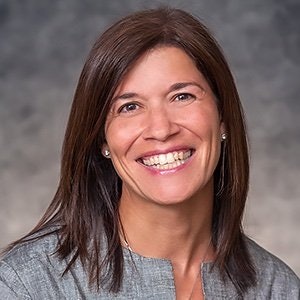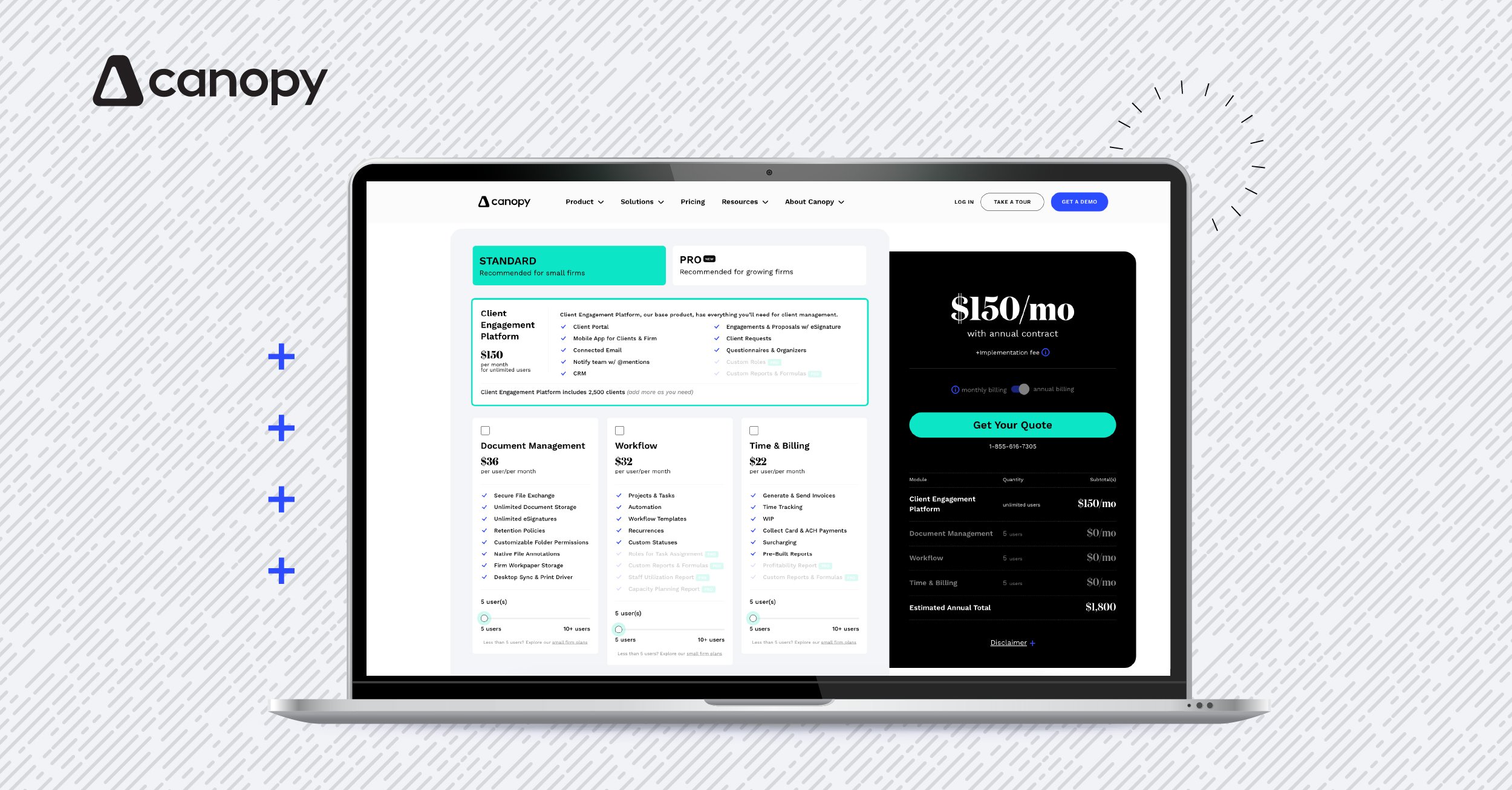In HigherEdJobs’ most recent Careers and Coffee conversation, we discussed careers in the community college space with Dr. John Enamait, president of Stanly Community College in North Carolina.
Hosted by HigherEdJobs’ Andy Hibel, Enamait shared the personal and professional experiences that shaped his career — from being a first-generation college student to becoming a passionate advocate for community colleges and eventually, a college president. Through stories, insights, and candid reflections, Enamait made a compelling case for why job seekers should consider community colleges not just as employers, but as places of purpose.
What Makes Community Colleges Different?
According to Enamait, community colleges are among the most democratic institutions in American higher education. He believes that these institutions are deeply rooted in their local communities and serve students across a wide spectrum of backgrounds, ages, and experiences. “Our mission is to meet students where they are,” he said, emphasizing programs tailored to local workforce needs and real-time impact on economic mobility.
Why Work at a Community College?
For faculty and staff, Enamait described the environment as fast-paced and deeply mission-driven. Employees often wear multiple hats — mentoring students, forging industry partnerships, advising, and even leading reform efforts — all in the span of a week. While the pace can be demanding, the sense of impact is immediate and deeply fulfilling.
He emphasized that job seekers coming from other sectors should prepare for the intensity and diversity of needs on campus: “Our students come from all walks of life — some are caregivers, some work full-time jobs, many are first-generation. That’s why our support has to be holistic.”
On Teaching and Faculty Opportunities
Enamait spoke at length about the vital role of both full-time and adjunct faculty. Community colleges are teaching-first institutions, and successful candidates are those who bring a commitment to equity and inclusive pedagogy. “You don’t need to be a perfect teacher,” he said. “We’ll support you with the pedagogy. What we need are subject matter experts with the passion to teach and serve.” He also noted that adjunct faculty are often working professionals or retirees from the local community, and their real-world experience adds incredible value in the classroom.
For those curious about adjunct opportunities, Enamait advised reaching out directly to program or department heads and maintaining ongoing relationships. As he put it, “Don’t just check the job board. Relationships open doors.” He emphasized that because hiring needs can shift quickly — sometimes days before a course starts — staying in touch can make all the difference.
Evaluating Fit — or Match
When asked how job seekers should assess if a role at a community college is right for them, Enamait offered four reflective questions:
Do I believe in the mission of open-access education?
Am I comfortable prioritizing teaching over research?
Do I thrive in a team-based, service-oriented environment?
Am I motivated by impact-inside and outside the classroom?
While the word “fit” was used throughout the session, Enamait and Hibel acknowledged the term’s limitations and the importance of maintaining environments where authenticity and support are prioritized.
A President’s Journey, A Student’s Story
The most memorable portion of the conversation came when Enamait shared his journey. Once a directionless high school graduate, he followed his girlfriend (now his wife of 28 years) to a local community college. While working his second shift in manufacturing, he earned his associate degree and eventually a Ph.D.
“Community colleges and my wife helped save my life,” he said, recounting how one negative classroom experience nearly derailed his path, and how faculty support pulled him through.
Final Thoughts
Though the session touched on policy, teaching, hiring, and career development, the heart of the conversation was clear: community colleges are more than institutions — they are places where lives change. Watch the full recording on YouTube for more from Dr. Enamait’s conversation and a personal story that embodies the transformative power of community colleges.
About Careers and Coffee:
HigherEdJobs’ Careers and Coffee is a series of live, interactive Zoom conversations with experts in higher education. Designed to help job seekers and higher ed professionals reflect meaningfully on their careers, the series offers expert advice and insights on best practices, emerging trends, and career-related issues. View a list of all sessions.

























